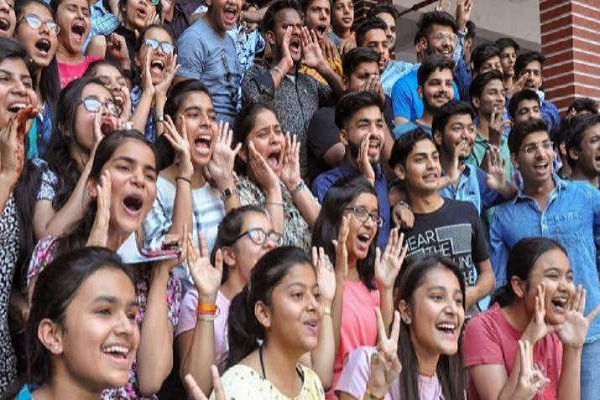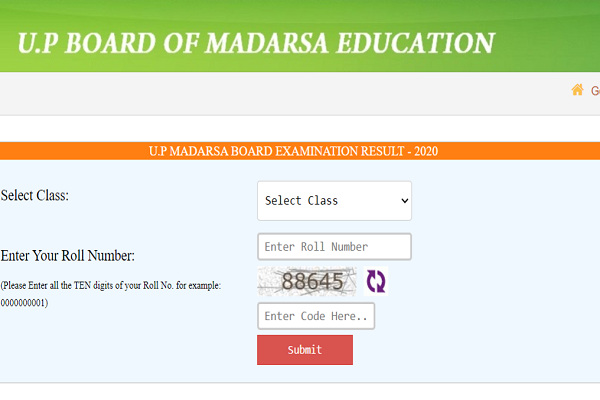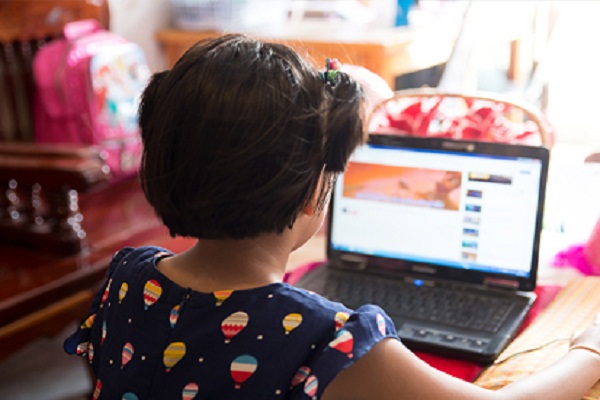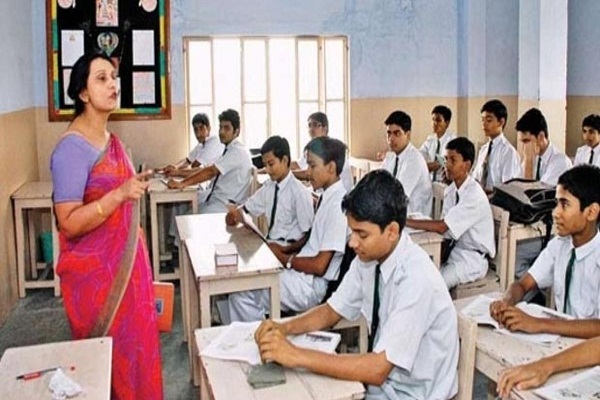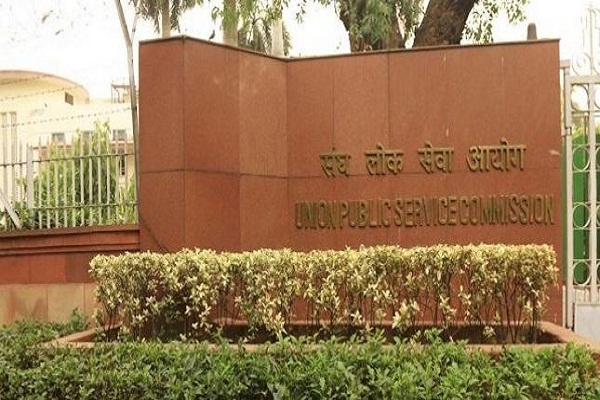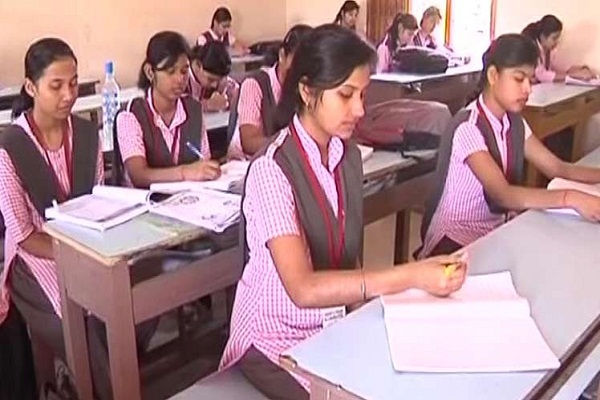Teachers working in private schools are facing hardship due to the non-functioning of the schools and non-payment of salaries since the coronavirus across the country. The Telangana Private Teachers’ Forum (TPTF) organized a demonstration outside offices of district collectors.
TPTF president Sheik Shabbir Ali urged the state government to come to their rescue.
Ali said memoranda were submitted to the officials who assured to take their problem to the notice of the government.
Claiming that over 3 lakh private school teachers and their families are facing hardships, he said the teachers, who are educated, are now forced to take up other works, including the work of casual labourers, to feed their families.
Also read: CBSE to provide training to teachers
The teachers of private schools are facing difficulties as the educational institutions have still not been re-opened, he said.
Though the state government had issued orders that salaries be paid to the private teachers during the lockdown, it is not being implemented, he claimed.
Asked about the non-payment of salaries to the private teachers, a senior government official had earlier said the government would do its best to help them.
The private teachers are employed directly by the management, the official had said.
A representative of the school managements’ association had earlier said the salaries got delayed as school fees from parents could not be received properly during the lockdown.
The schools depend on fees paid by the parents, he had said.











